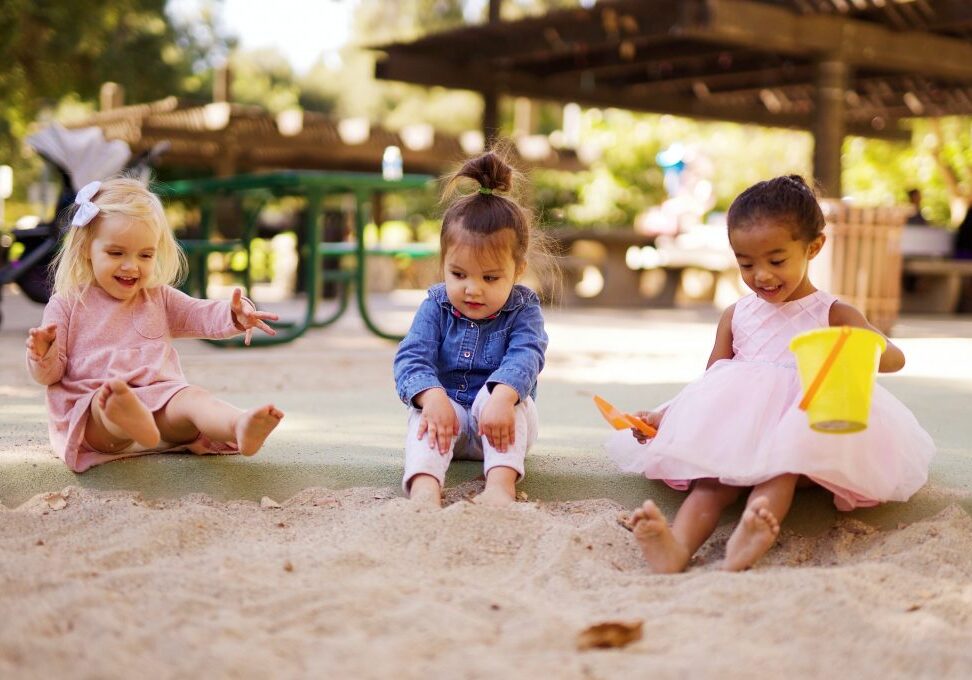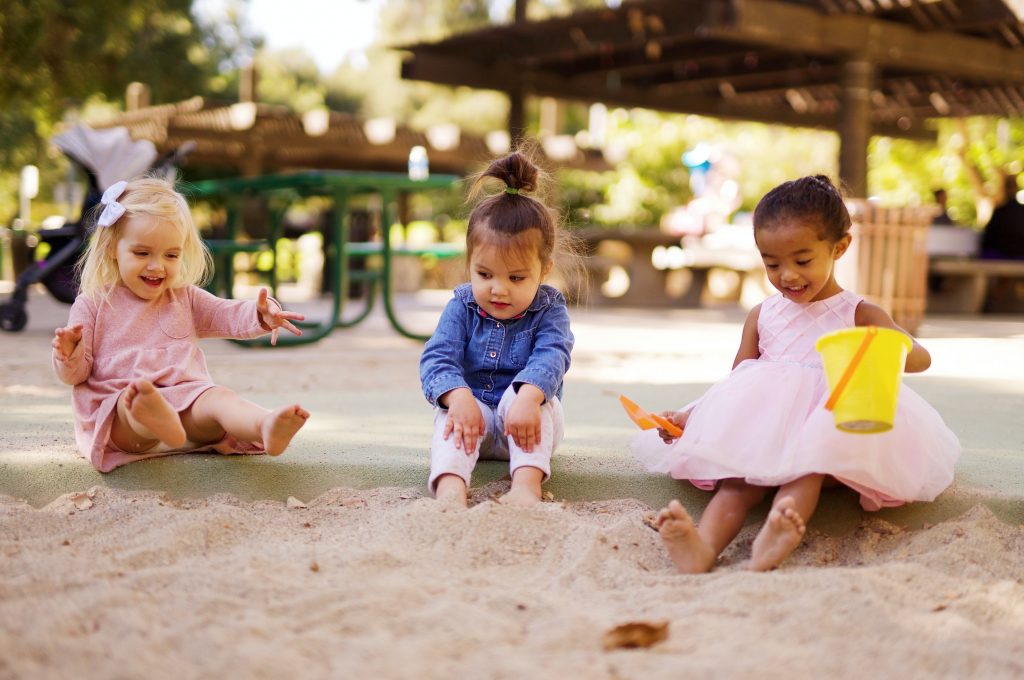How to Develop Child Social Skills and Empathy

Social skills are one’s ability to interact, empathise, and react to others in a positive way. A child first learns communication and interaction from home. This is also the ideal place to teach a child social skills and empathy. When exposed to other kids and peers, a child is also introduced to the positive social aspects like friendship, giving, togetherness, and competition. At the same time, a child will also be confronted with some of the negative aspects of society like bullying, envy, jealousy, and rejection.
Focus Child Social Skills Development on the Positive
As much as parents want to shield and protect a child from the negative aspects of socialisation, it is nearly impossible to do. However, exposure to the realities of life is also important for them to develop strength of character. The key is focusing on the positive while addressing and understanding the negative aspects.

It is important to emphasise good deeds and positive actions. This will encourage the child to repeat it and take on the habit of doing it. Positive reinforcement is recommended, but do not always make it the form of material rewards. Verbal praise, a simple thank you and recognition are powerful signs of approval recognised by children.
However undesirable, parents, guardians and carers should immediately address negative behaviour. Ignoring the destructive and bad behaviour, both of your child and of other children is ultimately damaging. Punishment or negative reinforcement is not always the best solution to bad behaviour. The most important thing to do is to make sure the child understands the negative implications of his or her actions.
Children who are able to develop their social skills early on grew up to be responsible, well-adjusted and empathic adults. They are more likely to do well at school, avoid drug and alcohol problems, and be successful in life.
Important Social Skills to Learn Early
Start teaching your child the important social skills he or she will need as he or she will go through life. Focus on the following;

Listening and Understanding – Young children are naturally self-centred. The concept of accepting other ideas are new to them, yet is a vital ingredient to going forward in life.
Communication Skills – This includes boosting their confidence to speak up, saying the right words, and training them to present their thoughts and ideas well.
Empathy – The ability to feel for others and the environment will make your child a better person. Understanding and feeling for others are key to positive actions like helping, giving, and praising.
Working with others – Teamwork is not only for work, it also applies anywhere where a group of two or more people have the same goal.
Sharing and Giving – This is how we get along with people in real life. Givers are also gracious receivers.
Problem-solving – Achievers are also great at problem-solving. They don’t just stop when faced with a wall. Teaching children to look for solutions makes them more independent and innovative.
Conclusion
Social skills are acquired. It can be taught and learned. And the sooner it is learned, the better for the child. However, these don’t come naturally. You have to teach your child social skills and empathy. Help your child learn and acquire the skills that will make him or her a better person – confident, responsible, and happy. Qualities needed in raising a competitive child.
